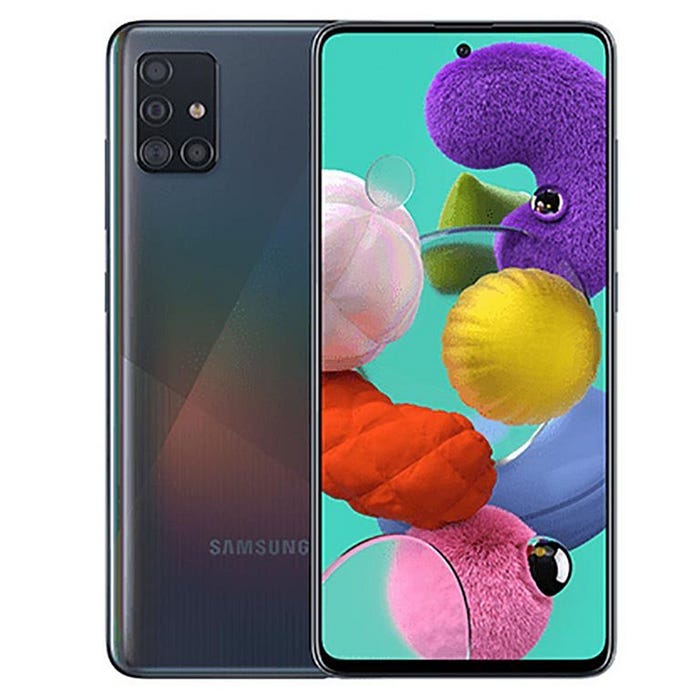Your Phone is a Spy

A cell phone has over 100,000x the processing power of the Apollo Guidance Computer which put a man on the moon. The 5.8in OLED screen flashes with the sum total of human knowledge, and stupidity, no more than a few taps and swipes away. Thanks to my cell phone I know first date killing factoids like “Pasta Puttanesca means pasta ‘prostitute-style.’” I’m a young guy but I still grew up on rotary phones, the Dewey Decimal system, catalogues, and occasional access to a twenty-volume Encyclopedia Britannica.

With a cell phone, however, I can order anything I want, contact anyone on the planet, move money to any account in the world, and find out what Canadians like Justin Trudeau and Justin Bieber are thinking all in the same five minutes. The cost is just $1,000 every couple years for a phone and $100 a month for service, right?
Many of us saw The Social Dilemma on Netflix where a bunch of millionaire post-exit Silicon Valley social media apologists came out and “confessed” to using exotic marketing and attention harvesting techniques to keep eyeballs on platforms. Time, and Bitcoin, are the two purest scarcities and the likes of Facebook, Twitter, Reddit, Netflix, & Google are all paramours of the former. I fully agree that handing over time in exchange for idle diversion is a fool’s bargain but when I do it, I do it knowingly. My problem with cell phones and the applications resident is their harvesting of data. Everyone wastes time on their phones. I’m not sure everyone knows the extent to which they are being profiled while they are wasting said time. And, I’m confident most people have little appreciation for the implications of said data.
Let’s do a little thought experiment. Here are two phone profiles:

Device: iPhone 12Pro
SIM: Verizon Post Paid
Phone Number: 212-xxx-xxxx
Most used apps: Netflix, Control 4, FlyDelta, Wall Street Journal
Apple Wallet: Apple Card, Platinum American Express

Device: Samsung Galaxy A51
SIM: Total Wireless Pre-Paid
Phone Number: 929-xxx-xxxx
Most used apps: MoneyGram, MyTransitNYC, Walmart, New York Post
Google Pay: Capital One Quicksilver
Making some assumptions about the users are we? The above is a tiny sliver of the information chirping out from a phone but even the sliver is vivid. The real prize, however, is a comprehensive view on a device’s owner referred to as “pattern of life” (PoL). Here’s a list of some of the things your iPhone collects that contribute to building a unique and granular PoL profile:
· Location data based on cell tower triangulation, GPS, WiFi network, spatial relation to other devices, gyroscope, accelerometer, and self-reporting e.g. “checking in” …as if your phone needs you to tell it where you are right now.
· Spending data through payment integration. You like how conveniently iOS auto fills payment options from your Wallet into your browser? The trade off is that now Apple knows what you bought and where you were when you bought it.
· Personal network in the form of your contact list natively on your phone but also call data records, emails, texts, and through call kit integration all of the 3rd party apps share call history with iOS too.
· Search history is an obvious one. Ever wonder why you can’t delete Safari from your phone? It’s not because the phone won’t work without it.
· App profile, as referenced in the comparison above, reflects how you use your phone and can provide a granular look at the type of person on the other side of the handset. Your apps are a reflection of your personality.
The above is not even a full list but it’s more than enough to build out the device owner’s pattern of life with enough information that it’s not only descriptive, it’s predictive. The information collected by your phone is unique to you in the same way that your fingerprint is unique. No one has the same apps, cards, location history and personal network that you have. You know how your credit card will sometimes send you a fraud alert for suspicious behavior? All that means is that something was purchased somewhere outside of your pattern of life…which they collected on you, as a favor.
Why does it matter, I’m not that interesting? First of all, I disagree. Whoever you are, you are interesting. I don’t mean this in a building self-esteem kind of way. What I mean is that the information collecting from your phone is so specific that just the potential harm it could cause is enough that everyone should at least be aware of the implications. Second, some people really are interesting, (CEOs, politicians, police, activists, athletes…even celebrities, I guess). They should be allowed to have a phone and a modicum of privacy as well. I have a phone too. I treat it as hostile, kind of like how Joe Pesci asks the Judge permission to treat his girlfriend as hostile in My Cousin Vinny. I still bring my phone with me everywhere but it’s a hostile co-dependent relationship.

Back to the fallacy that by being mundane you don’t need to worry about privacy. “Sure, I know they use phones to help target drone strikes but why do I need to care?” Let me first push back and offer that I’m pretty sure everyone has either been somewhere, bought something, called someone, or searched for something with their phone that they would rather keep private. But for argument’s sake let’s pretend that you, dear reader, are pure as the driven snow: your memes are classy, your browser history is rated G, and you’ve never given in to a single vice. What if you caught someone stealing at work, though? Given how moral you are, wouldn’t you turn them in? You might now have an enemy. I’ve seen this happen. What if you date someone who seemed nice at first, but turned out to be obsessive? I’ve seen that happen too. What if you hold views antithetical to a corrupt power structure? We’ve all seen that happen. Would you want any of those adversaries to have your pattern of life?
If you are a bad guy, a good guy, or somewhere in between, you don’t want a perfect fingerprint of your habits to be out there for inspection. So, yeah, when I aimlessly scroll through Reddit looking for a quick dopamine hit, that’s bad and calibrating tech to elicit as much of that as possible is ethically questionable. To me, though, pattern of life data is more insidious than time wasting, and has broad potential for misuse. It’s not like anyone can just buy this information, but some people can, and tech companies have it already. Do you trust everyone who works at Facebook with your device location? Did you know that bounty hunters were buying cell phone location data from aggregators for $300 per device? Are you comfortable with admins at Verizon knowing your entire call history? Not even worth getting into the information that your government, any government, has on its constituents. My point is not that the “government” is bad, or that Facebook is “spying” on you. My point is that this information exists. Its unique to you, it’s incredibly specific, it’s out there, and in the wrong hands, or under the wrong circumstances, it can be dangerous. Don’t throw your phone away, though. Most of us don’t need a burner phone in a Faraday bag either. Just be aware of what your phone collects. Set your privacy settings in your favor wherever possible. Don’t give your apps your real name. Purchase your phone and plan in alias, if you can. And, don’t use your phone to find out what Justin Bieber is thinking. You’re better than that.
